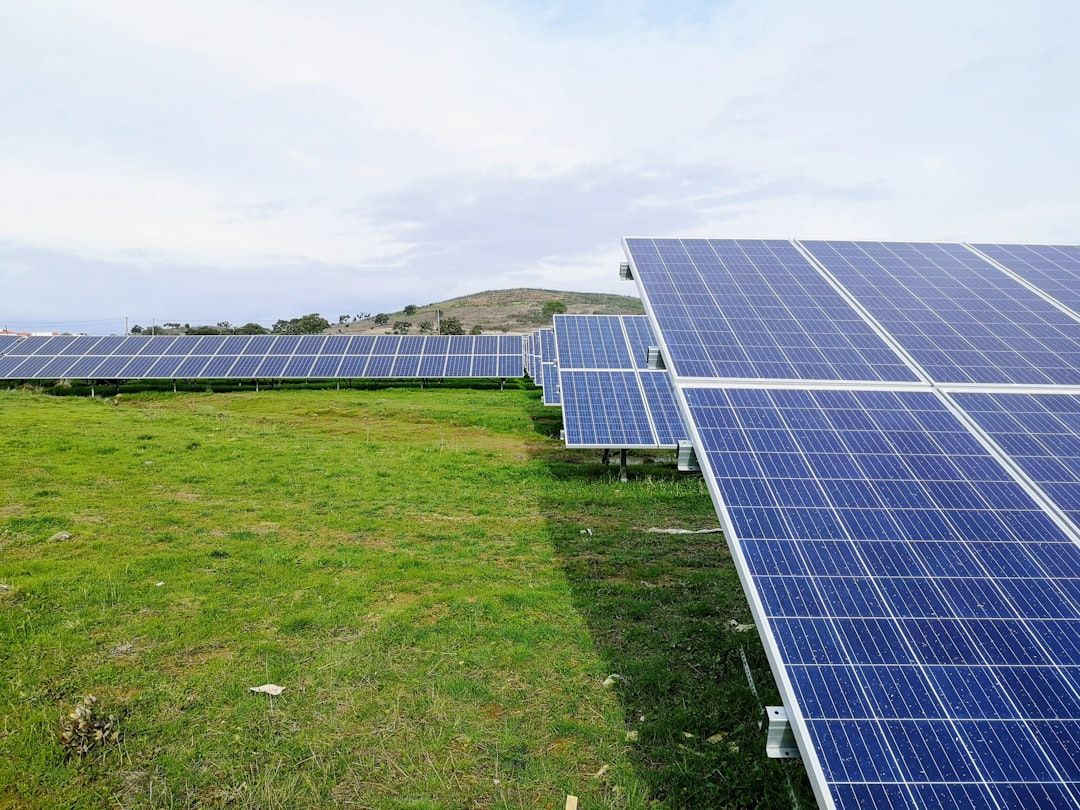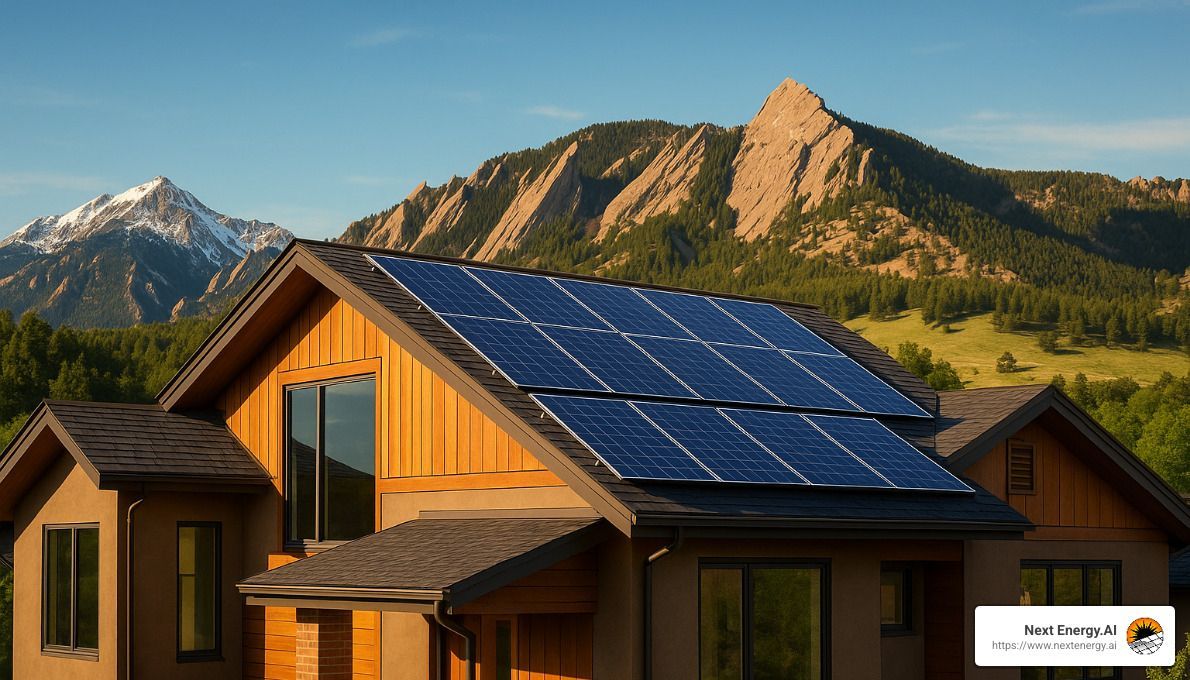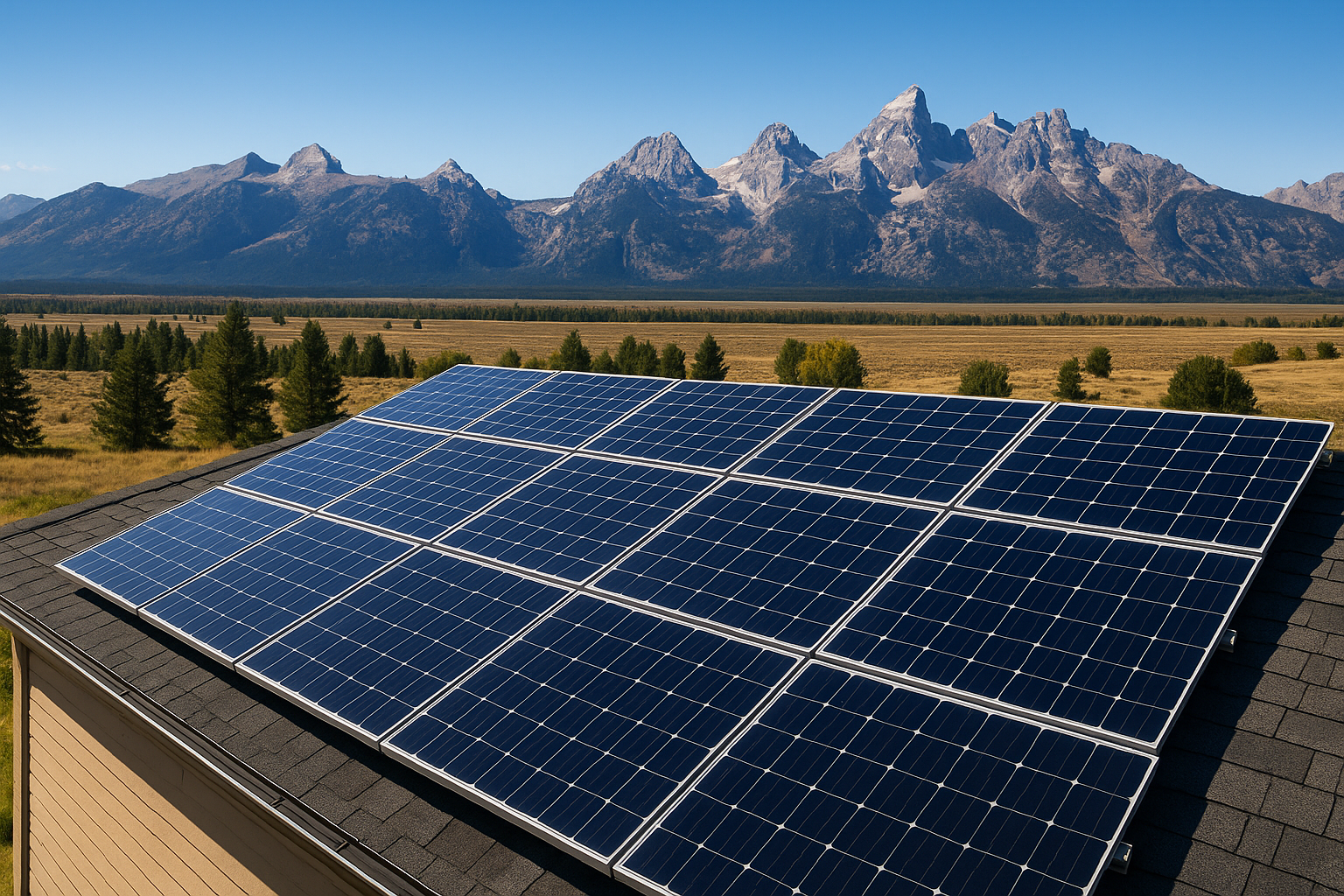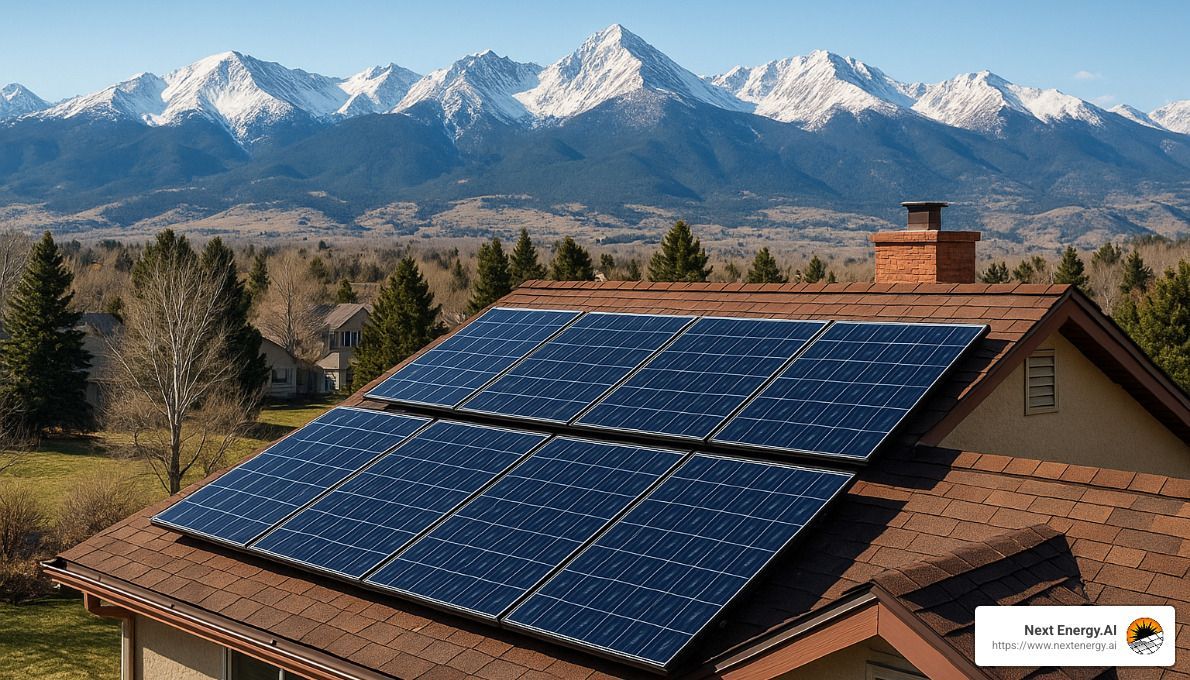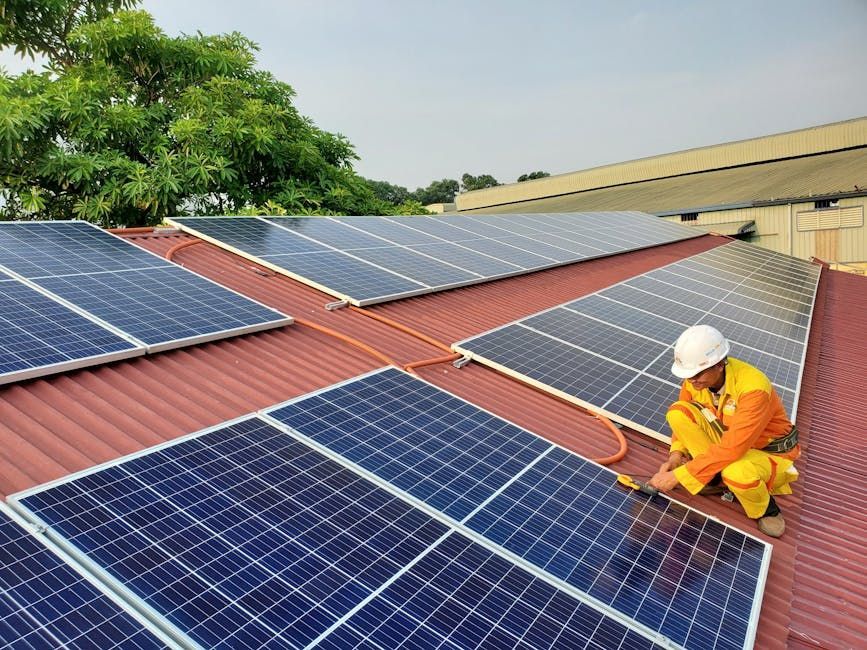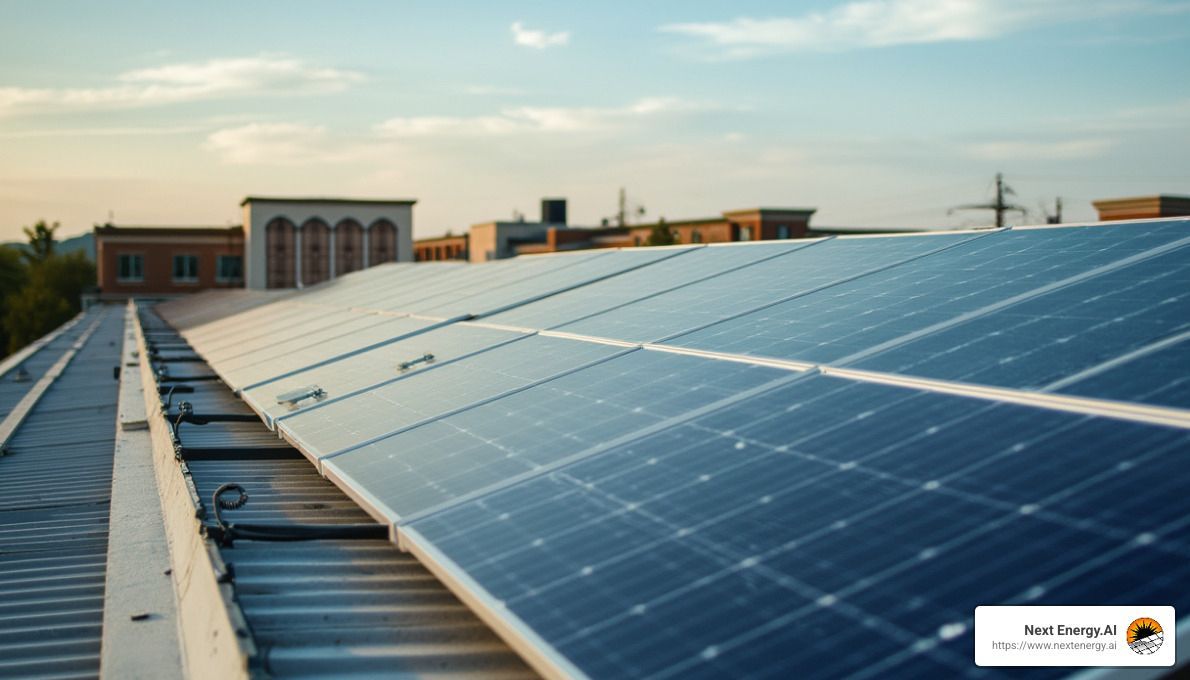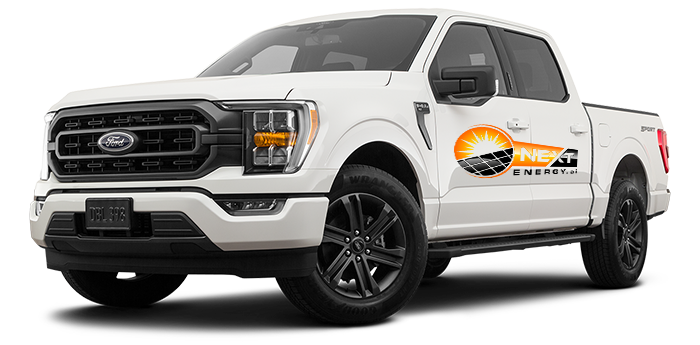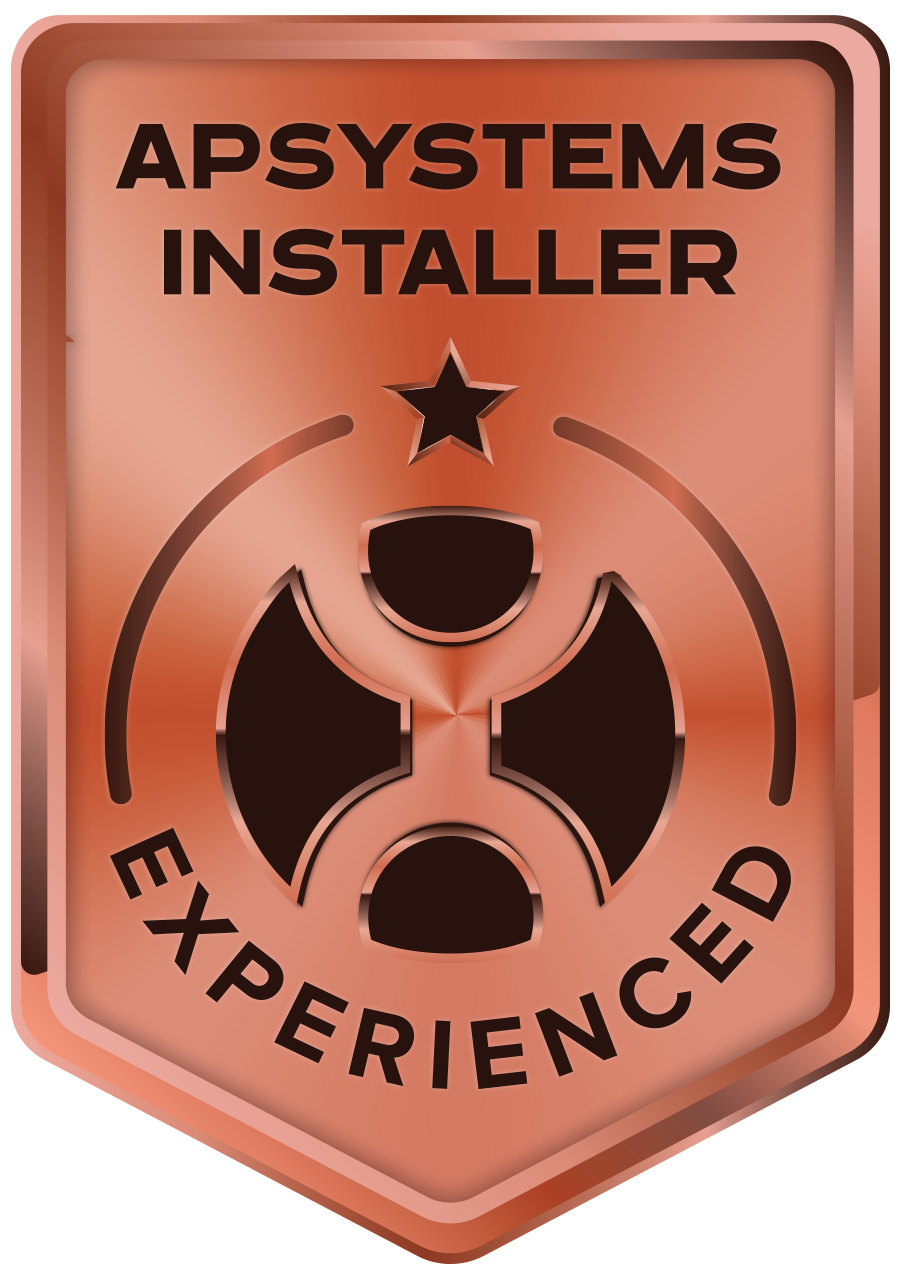Smart Choices: Expert Opinions on Home Power Management
Home Power Management System: Open up Cost Savings and Energy Efficiency
Understanding and utilizing a home power management system can significantly reduce your energy bills while promoting a sustainable lifestyle. With the rise of smart home technology, managing your home's energy use has never been easier. Here’s why you should consider a home power management system:
- Energy Efficiency: Monitor and optimize energy usage. Automatically control appliances for peak efficiency.
- Cost Savings: Reduce electricity costs by 5-10% through informed consumption and automation.
- Eco-Friendly: Contribute to a greener environment by reducing your carbon footprint.
In today’s eco-conscious world, integrating smart home solutions with energy management is not just a trend; it's a necessity. The smart management of resources means smarter living—both for your wallet and the planet.
I'm Spencer Gordon, CEO of Next Energy.AI. With expertise in photovoltaics and renewable energy, I’m passionate about making the home power management system accessible to homeowners seeking efficiency and sustainability. Harness the power of technology to make smarter choices today.
Understanding Home Power Management Systems
A home power management system (HEMS) is like the brain of your home's energy network. It helps you monitor, control, and optimize your energy use. Think of it as a personal energy assistant that ensures everything runs smoothly and efficiently.
What is HEMS?
HEMS stands for Home Energy Management System. It’s a digital system that gives you control over how your home uses energy. From adjusting your thermostat to managing your solar panel output, HEMS helps you make smart and efficient energy choices.
The Role of Energy Optimization
Energy optimization is about using the least amount of energy to get the job done. HEMS makes this possible by:
- Monitoring: Keep track of your energy usage in real-time. It lets you see where you can save energy.
- Controlling: Automatically adjust devices and appliances to use energy when it's cheapest or most efficient.
- Adapting: Learn your habits and adjust settings to save energy without compromising comfort.
Embracing Renewable Energy
Renewable energy is key to a sustainable future. HEMS integrates with renewable sources like solar panels to maximize their benefits. Here’s how it works:
- Solar Panels: Convert sunlight into electricity. HEMS can manage when and how this energy is used.
- Battery Storage: Store excess solar energy for use when the sun isn’t shining. This ensures a steady power supply.
- Smart Meters: Provide real-time data on energy consumption, helping you make informed decisions.
The Impact of HEMS on Your Home
Implementing a home power management system can transform your home into an efficient, eco-friendly hub. By optimizing energy use and using renewable energy, you can:
- Reduce Costs: Lower your energy bills by using energy more efficiently.
- Minimize Emissions: Cut down on carbon emissions by using clean energy.
- Boost Self-Sufficiency: Rely less on the grid and more on your own renewable energy sources.
Incorporating a HEMS in your home is not just a step towards energy savings; it’s a leap towards a sustainable future. As you explore the potential of HEMS, consider how it fits with your energy needs and lifestyle.
Key Components of a Home Power Management System
A home power management system is made up of several key components that work together to make your home smarter and more energy-efficient. Let’s break down these components and see how they help you manage energy better.
Photovoltaic Systems
Photovoltaic (PV) systems, commonly known as solar panels, capture sunlight and convert it into electricity. This clean energy source is a cornerstone of any HEMS. By using solar power, you can reduce your reliance on grid electricity, lowering your energy costs and carbon footprint.
- How It Works: Solar panels absorb sunlight, generating direct current (DC) electricity. An inverter then converts it to alternating current (AC) for home use.
- Benefits: Provides a renewable energy source, reduces electricity bills, and minimizes environmental impact.
Battery Storage
Battery storage systems are like your home’s energy piggy bank. They store excess energy produced by your solar panels during the day so you can use it when the sun isn’t shining, like at night or during cloudy days.
- Functionality: Stores solar energy for later use, ensuring a steady power supply.
- Advantages: Increases energy self-sufficiency and provides backup power during outages.
Smart Meters
Smart meters give you real-time data on your energy usage, helping you understand and manage how much energy your home consumes. This information is crucial for making smart energy decisions.
- Features: Provides detailed insights into energy consumption patterns.
- Usefulness: Helps identify areas where you can save energy and reduce costs.
Heat Pumps
Heat pumps are efficient devices used for both heating and cooling your home. They move heat from one place to another, using less energy than traditional heating and cooling systems.
- Operation: Transfers heat from the air or ground into your home in winter and reverses the process in summer.
- Efficiency: Reduces energy usage and costs for temperature control.
Electric Vehicles (EVs)
Electric vehicles not only provide a cleaner mode of transportation but can also be integrated into your home power management system. With an EV charger at home, your car can be powered by your solar panels.
- Integration: Charge your EV using solar power or store energy in the vehicle’s battery.
- Versatility: Use your EV as a backup power source during outages.
Each component of a home power management system plays a crucial role in optimizing energy use and promoting sustainability. By combining these elements, you can transform your home into an energy-efficient powerhouse.
Benefits of Implementing a Home Power Management System
Implementing a home power management system can bring a host of benefits, making it a smart choice for homeowners. Let's explore how these systems can help with cost reduction, emissions minimization, and self-sufficiency.
Cost Reduction
One of the main advantages of a home power management system is the potential for significant cost savings. By optimizing energy use, these systems help reduce electricity bills. For instance, integrating solar panels means you rely less on expensive grid electricity and more on free, renewable solar energy. Coupled with battery storage, you can use stored energy during peak pricing periods, further lowering costs. According to Sense, an energy monitor company, users can save about 9% on electric bills by using such insights effectively.
Emissions Minimization
Home power management systems play a vital role in minimizing carbon emissions. By using renewable energy sources like solar panels, you reduce your home's carbon footprint. A report from Schneider Electric highlights that homes account for a significant portion of global carbon emissions. Switching to a system that combines renewable energy with smart energy management tools can help combat climate change and contribute to a cleaner environment.
Self-Sufficiency
Achieving energy self-sufficiency is another key benefit. With components like battery storage and photovoltaic systems, your home can generate and store its own electricity. This independence from the grid ensures a steady power supply, even during outages. Imagine having a battery backup that automatically kicks in when energy rates peak or during a blackout, keeping your home running smoothly without interruption.
By adopting a home power management system, you not only save money but also contribute to a sustainable future while gaining more control over your energy needs. This makes it a win-win for both your wallet and the planet.
How to Choose the Right Home Power Management System
Selecting the right home power management system can feel overwhelming. But with a few key considerations, you can make a smart choice that meets your needs.
Assess Your Energy Needs
Start by understanding your home's energy consumption. Consider factors like the size of your home, the number of occupants, and your typical energy usage patterns. This helps in determining the capacity needed for your system. For example, a household with electric vehicles or high energy usage appliances will require a more robust system compared to a smaller, energy-efficient home.
Evaluate Technical Requirements
Next, focus on the technical aspects. Look for systems that integrate well with your existing infrastructure. If you have or plan to install solar panels, ensure your system is solar-ready. This means it should be able to monitor solar energy production and consumption. Also, consider systems with smart meters and real-time monitoring capabilities. These features provide insights into your energy usage, helping you optimize consumption and save on costs.
Check Compatibility
Compatibility is crucial. The system should work seamlessly with your current appliances and any future upgrades. If you have smart home devices, choose a system that can integrate with them, such as Google Home or Amazon Alexa. This ensures that your devices can communicate and function together efficiently.
Consider Future Expansion
Think about your future needs. A system that allows for easy expansion—like adding more solar panels or battery storage—can be a wise investment. This flexibility means you can adapt your system as your energy needs evolve.
Consult with Experts
Finally, seek advice from professionals. Companies like Next Energy.AI offer personalized consultations to help you select the best system for your home. Their expertise can guide you through technical specifications and compatibility concerns, ensuring you make an informed decision.
By carefully considering your energy needs, technical requirements, and compatibility, you can choose a home power management system that not only meets your current needs but also prepares you for future energy demands.
Frequently Asked Questions about Home Power Management Systems
How can I monitor my whole house electricity?
Monitoring your entire house's electricity usage is simpler than ever with modern power monitors. These devices connect to your electrical panel and provide real-time data on your energy consumption. You can access this information directly from your smartphone or computer. Some advanced monitors even offer appliance-level insights, helping you identify which devices are energy hogs.
Using a power monitor can save you money. Companies estimate that these devices could reduce your annual electricity bill by about 9%. By understanding which appliances use the most energy, you can make informed decisions about when and how to use them.
What is the home energy management system?
A home energy management system (HEMS) is like a digital brain for your home's energy. It helps you control and optimize your energy usage. HEMS integrates various components, such as photovoltaic systems, battery storage, and smart meters, to monitor and manage energy flows efficiently.
A HEMS not only tracks energy consumption but also suggests ways to reduce usage and costs. For example, it can automate your appliances to run during off-peak hours when electricity is cheaper. This system can also help you maximize the use of renewable energy sources, like solar panels, further reducing your reliance on the grid.
Are energy management systems worth it?
Absolutely! Energy management systems offer substantial benefits, both for your wallet and the environment. By optimizing your energy use, these systems can significantly reduce your electricity bills. They also help minimize carbon emissions by maximizing the use of renewable energy sources.
The cost savings from implementing a HEMS can be substantial. By aligning your energy consumption with times when electricity is cheaper, or when your solar panels are generating power, you can lower your energy costs. Plus, the ability to feed excess energy back into the grid can even earn you money in some cases.
Investing in a home energy management system is not just about immediate savings. It's a long-term commitment to sustainable living and energy efficiency. As technology advances, these systems will only become more integral to our homes, offering even greater savings and environmental benefits
Conclusion
At Next Energy.AI, we believe in a future where your home doesn't just consume energy—it manages it intelligently. Our AI-improved solar solutions turn traditional solar panels into smart systems that optimize energy usage, helping you save money and reduce your carbon footprint.
Our approach is simple: integrate advanced AI technology to make your home power management system as efficient as possible. With our solutions, you can harness the sun's power more effectively, making your home more self-sufficient and less reliant on the grid.
Why choose us? Because we offer more than just solar panels. We provide a complete energy management system that adapts to your needs. Our AI technology analyzes your energy consumption patterns and optimizes the use of renewable sources, ensuring that you get the most out of your investment.
Imagine a home where energy flows seamlessly, intelligently adjusting to your lifestyle. Whether it's automating your appliances to run during off-peak hours or storing solar energy for later use, our systems are designed to make your life easier and more sustainable.
Join us on this journey to a smarter, greener future. Learn more about how our AI-improved solar solutions can transform your home by visiting our services page.
Together, let's create a future where energy is not just consumed but managed wisely.
